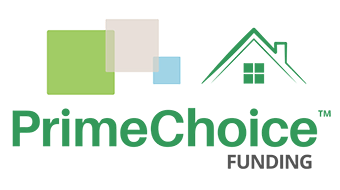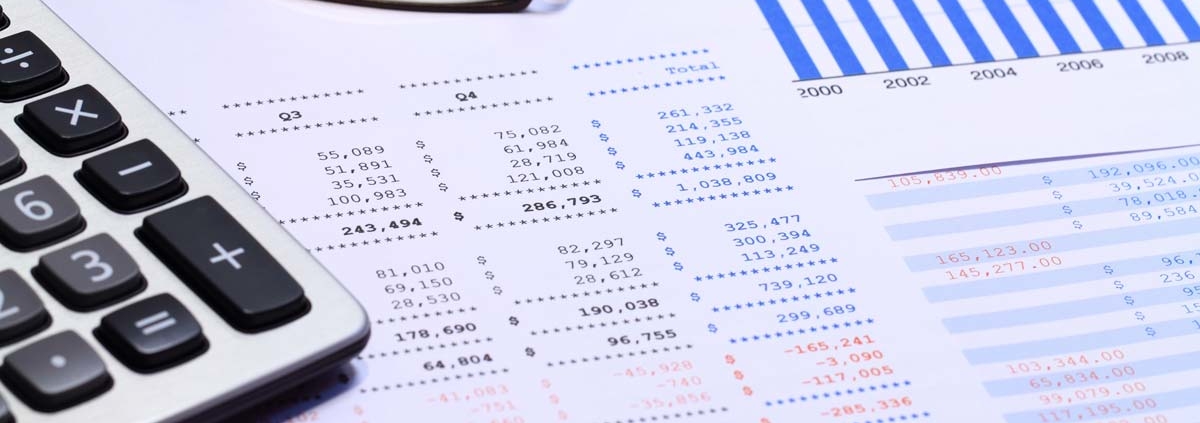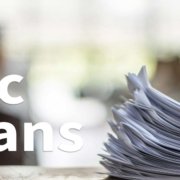What Is a Bank Statement Loan?
In January of 2019, Forbes magazine announced that “The explosion of the gig economy continues unabated.” Noting that 55 million Americans engage in either freelance or contract work, the article predicted a further increase in 2020. While entrepreneurship and hustle are trademarks of the successfully self-employed, so too are hours of paperwork and a good deal of rejection. No matter. Independent business people know that the cost of their financial freedom is high. Still, few of them would mind a break now and then. Financial institutions are recognizing their value by issuing bank statement loans to self-employed customers.
How Does a Bank Statement Loan Work?
Under an orthodox loan scenario — whether a mortgage, auto or personal loan — the bank will collect W-2 forms, copies of pay stubs and a verification of employment as proof that stated revenue is accurate. Yet self-employed applicants can not present these tried and true authentication records. They get paid when a job is done as opposed to fixed weekly or bi-weekly intervals. The amount of remuneration will depend on the size and scope of each individual contract or task. Needless to say, this type of income does not fit easily into standard underwriting calculations and makes getting a bank statement mortgage loan much harder.
Small business owners and sole proprietors can, on the other hand, produce commercial and personal bank statements that demonstrate income over a period of 24 months. In addition to the statements, many lenders require that the business be operating for at least two years; adequate financial resources to cover a number of monthly payments; acceptable credit scores; documented assets in retirement funds and other savings instruments; an accountant or tax professional’s certification of income and expenses; and any necessary licenses or professional credentials. Each of these adds an extra measure of confidence in the borrower’s ability to repay the loan.
Of course, each lender will differ regarding the items necessary for approval. What unites them is the absence of the normal income verification proofs because most applicants take in revenue in an irregular fashion. In some ways, the bank statement loan resembles the stated income loan popular in years past. The difference is that the bank statement is the verifying document in the former whereas the latter demands no verification of income. Both types are made available with the self-employed in mind but the bank statement loan may be seen as safer by investors after the banking crisis of 2007-2009.
What About Conventional Loans?
Entrepreneurs can and do get conventional loans. In some cases, doing so is advisable since bank statement mortgage loans will sometimes carry higher interest rates. On the other hand, given that income sources can be varied and shifting, underwriters are challenged by applications from the self-employed. Whereas many applications are run through desktop underwriting software, those from freelancers and gig entrepreneurs must be underwritten manually, as credit analysts must give greater weight to tax returns. This extends the approval process beyond the time a borrower might want to wait.
Are There Drawbacks to Bank Statement Mortgages?
As noted above, rates may be higher for a bank statement mortgage Furthermore, there is often a greater down payment requirement, as much as 30 percent. It follows then that the borrower can only get 70 percent of the house value at a maximum. Finally, closing costs can be higher than with a traditional mortgage loan. When the lending institution deals with a sole proprietor or small holder, and its confidence level in the business — fairly or unfairly — is less than total, the risk factor makes the loan more expensive.
A Good Option If Affordable
Acknowledging the expense associated with bank statement loans, they are still a legitimate option that keeps the paperwork to a minimum and heightens the chances for approval. Talk with a seasoned loan officer about this opportunity to see if it is right for you.
Adam Luehrs is a writer during the day and a voracious reader at night. He focuses mostly on finance writing and has a passion for real estate, credit card deals, and investing.







